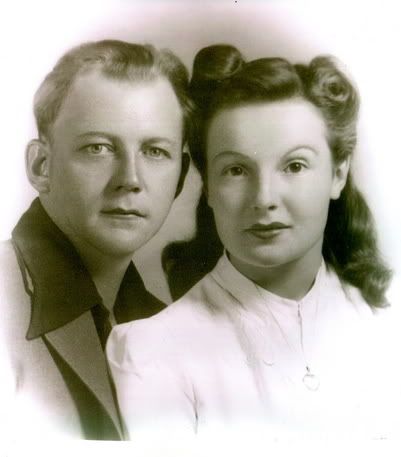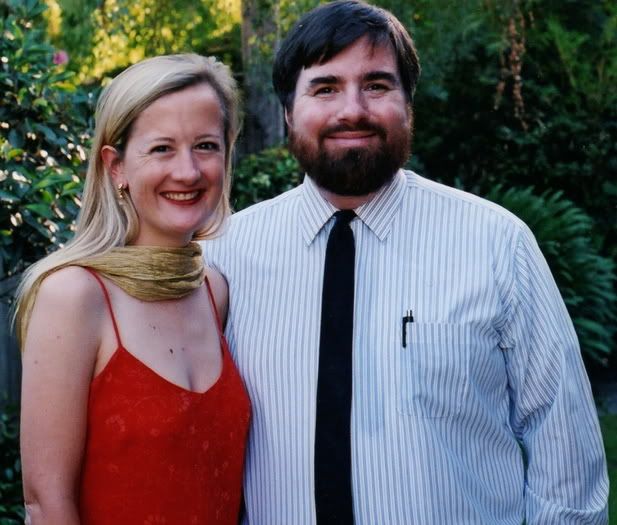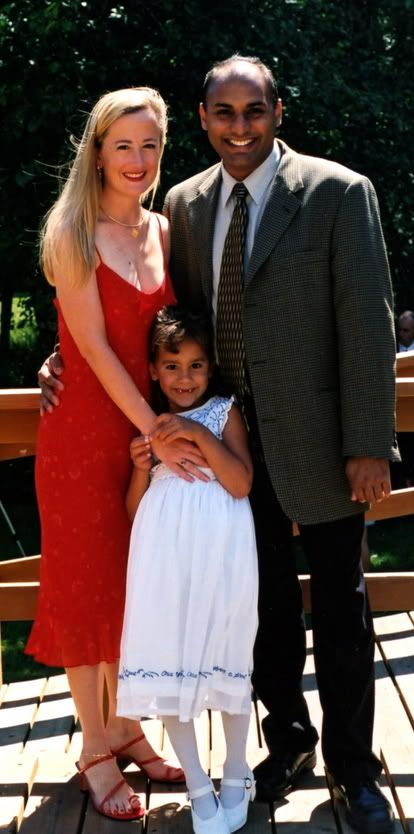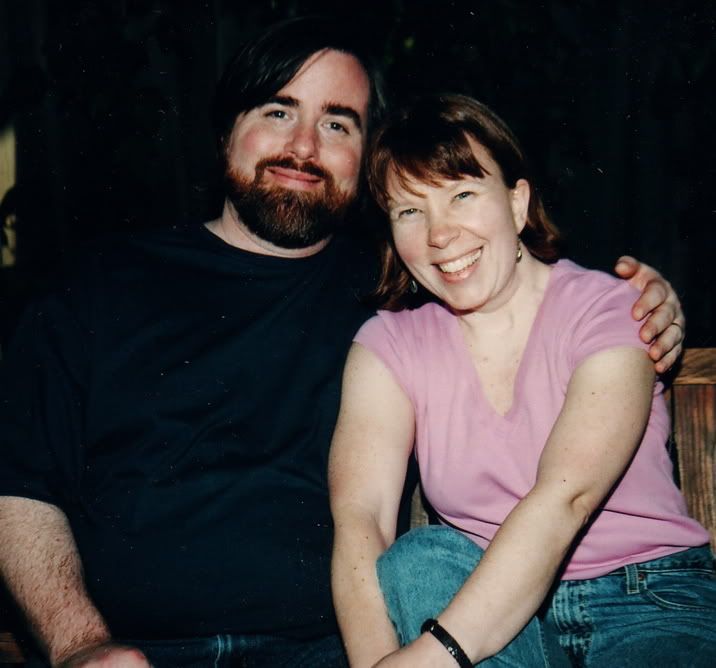 Sandy Szwarc at Junkfood Science posted How we've come to believe that obesity is caused by overeating on February 7. This is a review of the historic Minnesota Starvation Study by Ancel Benjamin Keys, Ph.D., of starvation and its aftereffects. During World War II, it was evident that the millions of people in Europe who were being starved would need knowledgeable care when the war was over. Dr. Keys recruited young men who were conscientious objectors, healthy both physically and psychologically, to undergo three months of starvation on 1600 calories a day (substantially more than most dieters live on) meant to reproduce the diets of people in war-torn countries, for three months. Out of the hundreds of volunteers, he chose 40. Healthy young men, who were willing to starve so that others could be fed. The men were followed through a full year of recovery.
Sandy Szwarc at Junkfood Science posted How we've come to believe that obesity is caused by overeating on February 7. This is a review of the historic Minnesota Starvation Study by Ancel Benjamin Keys, Ph.D., of starvation and its aftereffects. During World War II, it was evident that the millions of people in Europe who were being starved would need knowledgeable care when the war was over. Dr. Keys recruited young men who were conscientious objectors, healthy both physically and psychologically, to undergo three months of starvation on 1600 calories a day (substantially more than most dieters live on) meant to reproduce the diets of people in war-torn countries, for three months. Out of the hundreds of volunteers, he chose 40. Healthy young men, who were willing to starve so that others could be fed. The men were followed through a full year of recovery.Among the things discovered when the men were allowed to eat as their bodies dictated after the starvation segment of the study:
- It was not possible for them to recover on 2,000 calories a day.
- For up to six months, they ate up to 4,000 calories a day.
- They regained every pound lost, plus 10%.
- The regained weight was more fat and less muscle than the weight they had lost.
- Eventually, they stopped gaining and naturally returned to their original weight.
- "Overeating" was evident only as long as the men were below their normal weight.
Until I totally stopped dieting, I only twice went more than six months without going back to dieting to re-lose the weight I was regaining. The first time was when I was 16 and went to live with my great-aunt, and spent two years eating normally; the second was for eight years in my late 30s and early 40s. In both cases, my weight stayed steady. I ate what I wanted and did not gain anything in that time. Those were the only times between the age of 12, when I began to diet, and the age of 58, when I gave it up for good, when my weight wasn't yo-yoing. The only times when whatever I took out of the closet and put on would fit the way it had the last time I'd worn it. I did not balloon out of sight.
I never allowed myself to eat 4,000 calories a day on a constant basis. Rebounding did include what I considered "binges" of about 3,000 calories a day, but the part I thought of as the diet was usually followed by gritting my teeth and holding my eating to about 2,000 calories a day. Once, a doctor "helped" me to diet and maintain my weight loss by adding 100 calories a day each week until I reached the point where I was beginning to gain weight, at which point I was supposed to have discovered my life-long maintenance calorie needs. I don't remember what that was, I don't think I ever got to that point before I lost my will power and broke out, and then, of course, went on another diet.
Although I knew that my first diet was only for nine days, before too many years had passed, I was dieting toward a goal weight, and had no idea how long it was going to take. And, each diet took longer. Three months was as nothing.
Every time I ate more than I thought I should, or gained any weight back, I felt guilty. I hated my lack of will power. I cursed the raging health of my body that was trying to get me out of starvation and get me safe. The normal, healthy need for calories to rebuild what I had starved off was seen as perverse and proof that I was a bad person. By me and by others, like my mother, my doctor, and society at large. The fact that my body fought for health and put that weight back on me was seen by all of us as proof that I was a bad person.
By the time I had stopped dieting, I was twice the weight that I had been when I started. My body has probably lost any hope of ever figuring out what I would have weighed had I not dieted and getting me back there.
And, of course, the world and I believed that I had been overeating. Hell, when I ate more than 1,200 calories a day I thought I had been overeating. That there was something fundamentally wrong with my moral fiber.
If you have ever dieted, how do these facts add up in light of your experience? If you have ever known anyone who has dieted, how do you see their experience now?
Recruitment poster courtesy Sandy Szwarc, Junkfood Science


















No comments:
Post a Comment